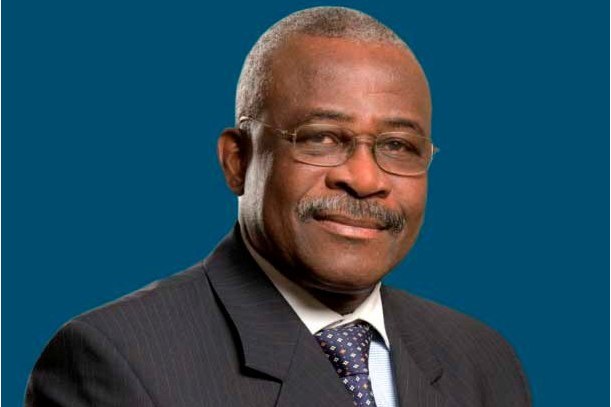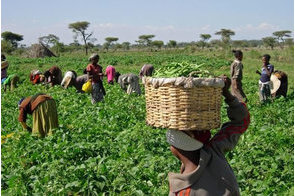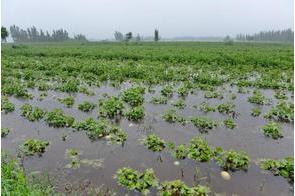African countries need to stop importing food – IFAD president

Summary
African leaders ought to redirect the $35 billion used for food importation annually to develop their countries’ agricultural sectors.
The President of the International Fund for Agricultural Development (IFAD), Kanayo Nwanze, said on Thursday that African leaders ought to redirect the $35 billion used for food importation annually to develop their countries’ agricultural sectors.
Nwanze – who will address the preparatory Ministerial Meeting of the 6th Tokyo International Conference on African Development (TICAD) in Nairobi tomorrow – said such investment redirection has become necessary given that Africa generates only 10 percent of global agricultural output although it has a quarter of the world’s arable land.
“African leaders are failing their people by their weak investments in agricultural inputs and infrastructure, and their lack of policy support for the sector,” Nwanze said. “If even a portion of the money used for food imports was spent on creating jobs in rural areas, not only would the world’s largest youth population see a viable future on the continent, but Africa would be able to feed itself.”
Although Africa is the world’s second fastest growing economic region, over 300 million Africans live below the poverty line. Most live in rural areas and depend on agriculture for their livelihoods. Unemployment rates in the region are close to 40 percent, according to IFAD.
“Economic growth alone is not enough,” Nwanze said. “If we want a continent with food security and social stability, we have to ensure that development focuses on people. They do not want handouts. They want economic opportunities.”
While at TICAD, Nwanze will participate in the launch of Japan’s Initiative for Food and Nutrition Security in Africa, which aims to establish a framework for African countries to collaborate to improve their nutrition status.
Convened by Japan, TICAD aims to promote high-level policy dialogue between African leaders and their partners, with a focus on African-led development. This is the first time that TICAD will be held on the African continent since its inception in 1993. The summit will hold from August 27th to 28th.
“At TICAD this year, I hope we can go beyond talking about Africa’s potential and discuss what is practically needed for Africa’s people to seize that potential,” Nwanze said.
Related
-
Leveraging co-operatives to boost market access for smallholders
There are over 1.2 million agricultural co-ops around the world working to ensure the welfare of farmers and their ...
-
Report finds sustainable agriculture driving down use of pesticides
The use of pesticides and other chemical agents has dropped by between 50 and 90% over the past fifty years.
-
The challenges and management of flooding in Africa’s agriculture
Knowing what to do before, during and after a flood can enable farmers to make better decisions.







